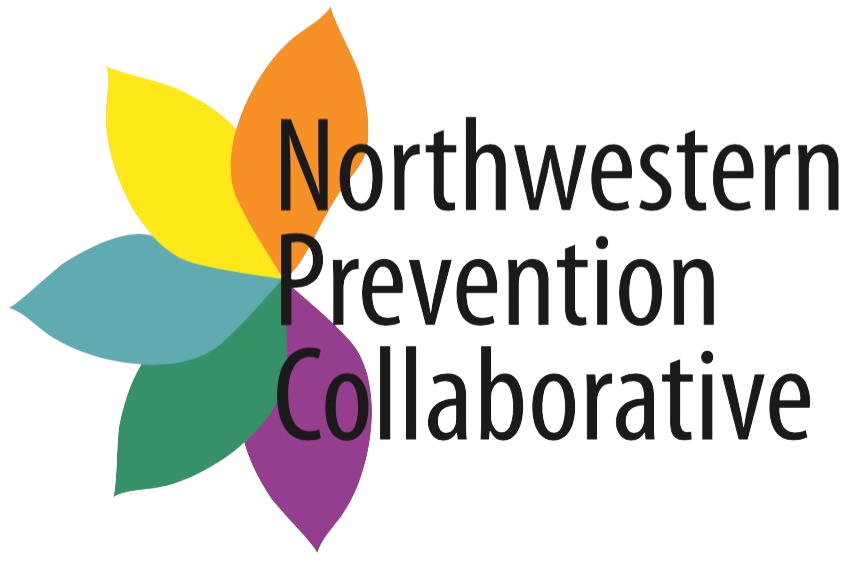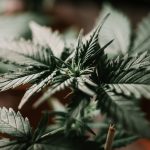Part of the stigma that comes with addiction is the idea that a person with a substance use disorder (SUD) has a choice to use drugs or drink. But do they? Or is addiction an illness?
Addiction is a complicated disease. It can impact anyone, even those following the directions for their prescribed medication. No one factor can determine if a person will become addicted to drugs or alcohol, or how fast it will happen. The variables in whether a person develops an SUD include genetics and epigenetics, the environment, and the age at which a person first uses drugs or alcohol.
We have also learned that one very important factor is the number of ACEs a person has experienced. (Note that ACEs, while most commonly acknowledged as Adverse Childhood Experiences, actually incorporates a variety of adverse experiences, including the pandemic we all find ourselves in.)
The Science of Addiction
Scientifically, when we do something that creates pleasure, it is because our brain has released dopamine. This positive feeling encourages us to repeat the action, such as eating or exercising—it’s part of our survival instinct. Unfortunately, drugs trigger that same part of the brain, usually producing extremely high amounts of dopamine. As you might guess, there is a direct correlation between the amount of pleasure we receive and the desire to repeat an action, which can cause drug addiction to happen rapidly.
Sadly, as noted on Shatterproof.org, “consistent drug use severely limits a person’s capacity to feel pleasure at all. That’s because, over time, drug use leads to much smaller releases of dopamine. The brain’s reward center is less receptive to pleasure and enjoyment, both from drugs as well as from everyday sources, like relationships or activities that a person once enjoyed. Once the brain has been altered by drug use, it requires more and more of a substance just to function at a baseline level.”
People with a substance use disorder cannot “just stop” using the alcohol or drugs to which they are addicted. Their brains have been rewired.
In the documentary “Pleasure Unwoven,” Dr. Kevin McCauley explores the science of the brain and addiction, and he points out, “Addiction is a disease of the very part of the brain we need to make proper decisions.” He compares the failure of the brain to function properly to the failure of the pancreas to produce insulin in a diabetic. While a person may choose to try a drug the first time (remember that some people are prescribed drugs for pain and become addicted within days), for those who are susceptible to developing an SUD, that choice rapidly becomes a need. It is not their imagination or a lack of willpower. It is a chemical change in their body, one that happens without them even being aware of it.
Addiction is a disease of the very part of the brain we need to make proper decisions.
Dr. Kevin McCauley
Whether it occurs rapidly (some people report becoming addicted to opioids in as little as three days) or gradually, addiction itself is not something a person chooses. It is something that happens to them. Warren Coalition Executive Director Christa Shifflett points out, “No one ever says, ‘I want to have a substance use disorder when I grow up.’ No one chooses this on purpose.”
How You Can Help
People with an SUD do not need judgement and labels; they need compassion and support. Relationships, a stable job, and a support system are key to helping them overcome their addiction. Overdoses kill more people every year than breast cancer, guns, and car accidents combined. Yet only one in ten people with SUDs who need treatment receive it, because most of us don’t want a friend, colleague, or neighbor who struggles with addiction.3 Because we shun those who have SUDs, they are often afraid to seek treatment. They are afraid of how they will be perceived by others, or they fear losing their jobs. And like any disease, addiction grows worse when it is not treated.
Help is available. If you or someone you love has an SUD, know that you are not alone. Visit our section on Treatment or our Resources page to discover how people and organizations in our area can help.
- http://headsup.scholastic.com/students/the-science-of-addiction#:~:text=Addiction%20is%20a%20complex%20disease.%20No%20single%20factor,when%20the%20brain%20is%20continuing%20to%20undergo%20changes.
- https://www.shatterproof.org/learn/addiction-basics/science-of-addiction
- https://www.shatterproof.org/learn/addiction-basics/addiction-in-america
Updated November 17, 2022




Comments are closed.